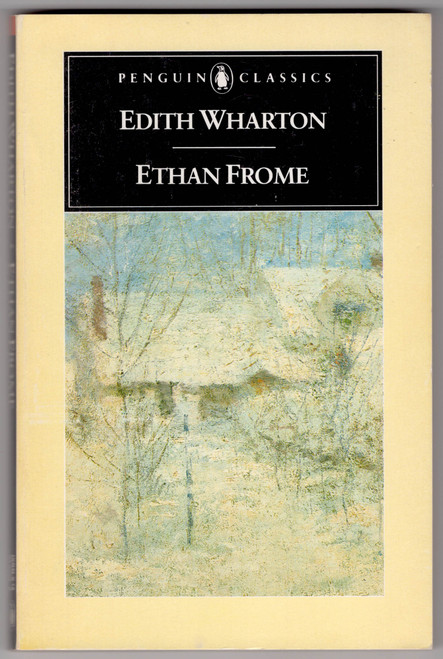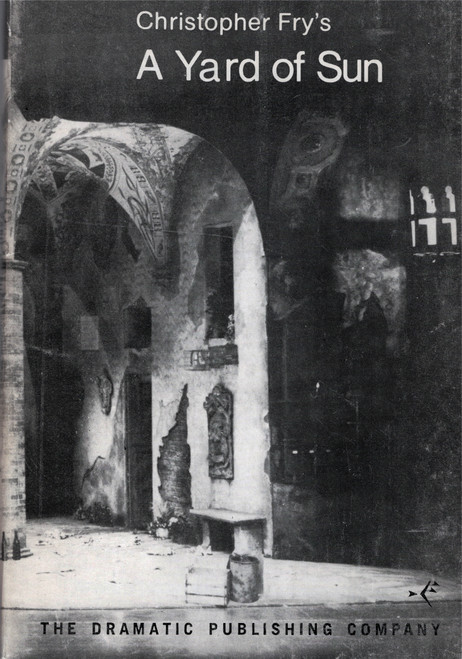"If you know Starkfield, Massachusetts, you must know the post-office. If you know the post-office you must have seen Ethan Frome drive up to it, drop the reins on his hollow-backed bay and drag himself across the brick pavement to the white colonnade: and you must have asked who he was.”
An unnamed narrator, an engineer marooned for most of a winter in Starkfield by a strike, gradually learns the truth about Ethan, his wife, Zenobia (Zeena), and Mattie Silver, Zenobia’s cousin, finding their harsh lives to be compounded of duty and social expectation, and saturated with lovelessness and vengeance.
Wharton noted that “Summer deals with the same class and type as those portrayed in Ethan Frome, and has the same setting.” Royall is less tragic than Ethan Frome’s, her sense of isolation and the anguish caused by her feelings for Lucius Harney are no less intense.
In this pair of novellas, Wharton, famed for her light and vibrant touch, explores the darker reaches of love and obligation.
Both Ethan From (1911) and Summer (1917) were departures for Wharton: tragic, rural, outdoor stories from a thoroughly ironic, urban, interior writer. Even as accounts of thwarted love--a form common to Wharton's fiction--they are distinctly grim, making them companion pieces as well as interesting anomalies in a distinghuished body of work.
About the Author
Edith Wharton (1862-1937) was one of America's greatest writers. The author of more than forty books, including The Age of Innocence, Wharton was the first woman awarded the Pulitzer Prize for Fiction, an honorary Doctorate of Letters from Yale University, and full membership in the American Academy of Arts and Letters. Wharton was the principal designer of her 1902 country home The Mount in Lenox, Mass. The Mount's elegant house and gardens reflect the neoclassical design principles that she espoused in her works The Decoration of Houses and Italian Villas and Their Gardens.







